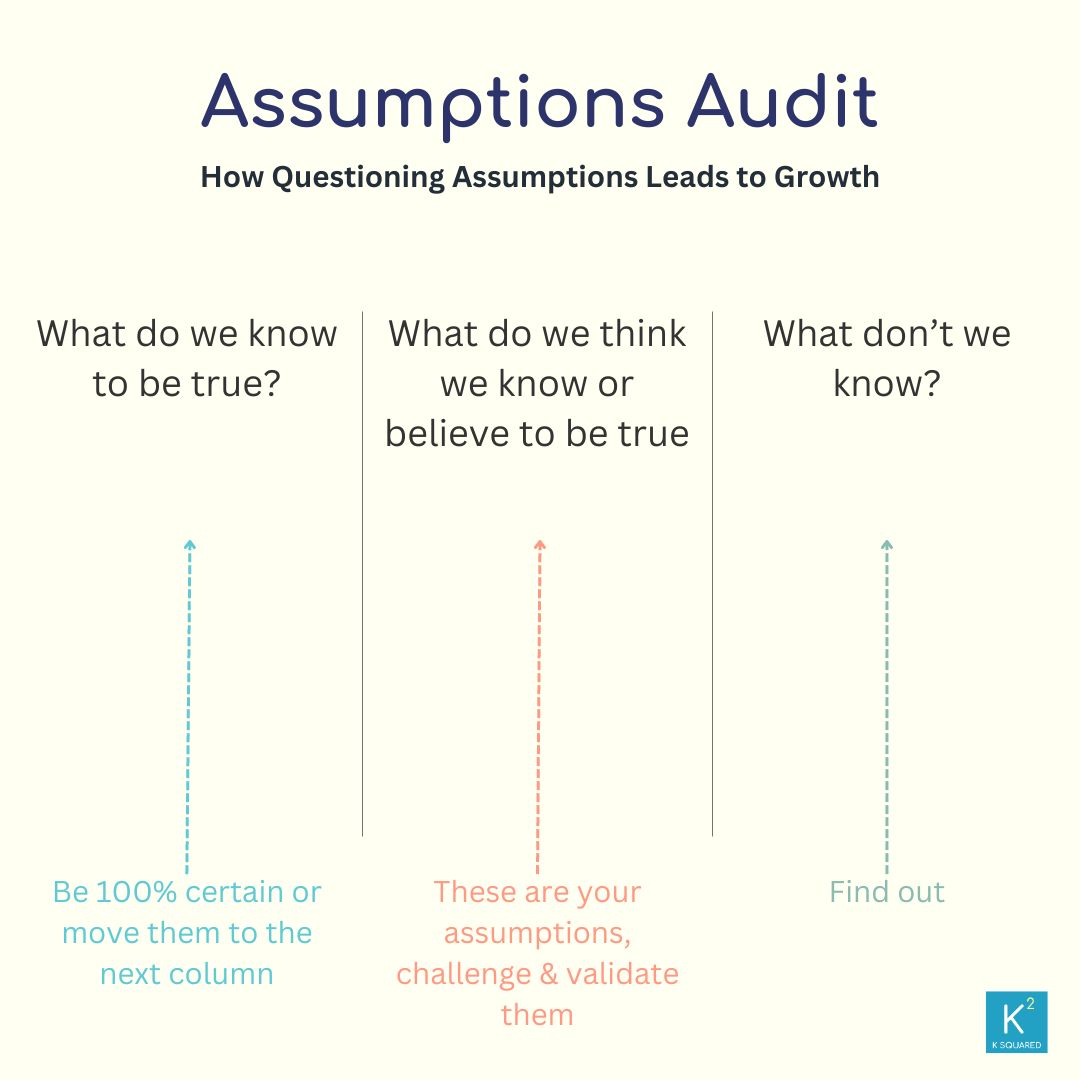In the world of business and innovation, challenging the status quo can often be the catalyst for significant growth and breakthroughs. Assumptions are deeply ingrained in every industry, accepted as the norm even when they may be suboptimal or outright detrimental. An excellent example of this is the QWERTY keyboard layout, which was designed to prevent typewriter jams rather than to optimise typing speed. This layout has persisted into the digital age, illustrating how outdated assumptions continue to shape our world.
The Power of Questioning Assumptions
Companies like Airbnb and Uber have demonstrated the transformative impact of questioning widely accepted assumptions. Airbnb challenged the idea that people would only feel comfortable in hotels, and Uber tackled the belief that people wouldn’t want to ride in cars driven by strangers. Both companies went against these assumptions and leveraged technology to build trust and convenience, fundamentally changing their respective industries and setting new standards for service delivery.
Introducing the Assumptions Audit
To foster a similar spirit of innovation within your own teams, I recommend employing a tool I call the Assumptions Audit. This simple yet effective exercise involves three key steps:
- What We Know — Identify and list down the facts that are verified and clear.
- What We Think We Know — Highlight assumptions or supposed knowledge that needs validation or revalidation.
- What We Don't Know — Acknowledge areas where information is lacking or where gaps exist.

Benefits of the Assumptions Audit
This audit encourages open discussions among team members, helping them acknowledge and clarify their assumptions. By enhancing their ability to independently address challenges, the audit fosters a culture of trust, critical thinking, and proactive problem-solving. It’s not just about identifying what you know or don’t know; it’s about empowering your team to question why things are done a certain way and whether there’s a better approach that could lead to improved outcomes.
Conclusion
Just as breaking the four-minute mile barrier opened athletes' eyes to new possibilities, challenging business assumptions opens teams to new growth opportunities and innovations. Reflect on the assumptions within your industry: What outdated beliefs could be silently holding back your team? By conducting an Assumptions Audit, you can transform these hidden barriers into launchpads for success.
Call to Action
Are you ready to challenge the assumptions within your organisation and unlock new levels of innovation and growth?
Contact us today to learn more about how the Assumptions Audit can help your team break through their barriers and achieve groundbreaking success.
 Jay Zhang on Unsplash">
Jay Zhang on Unsplash">
